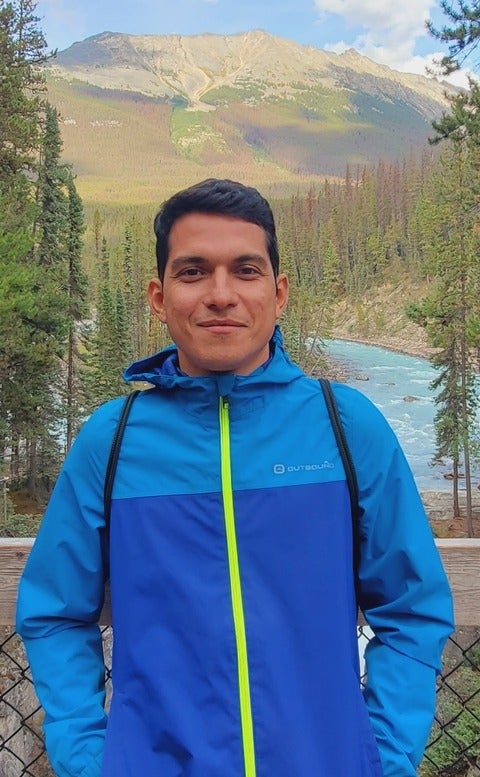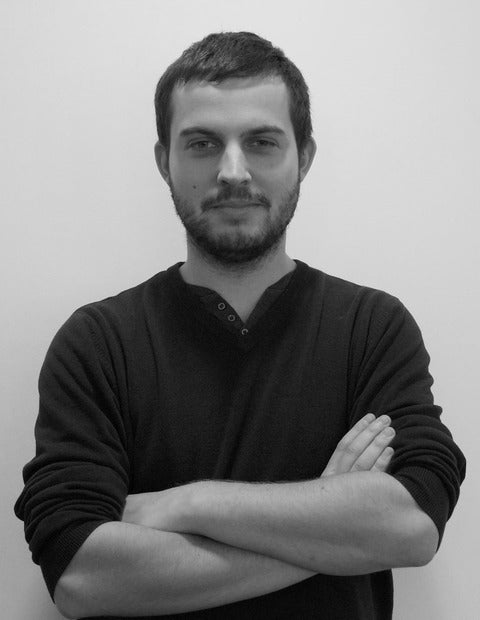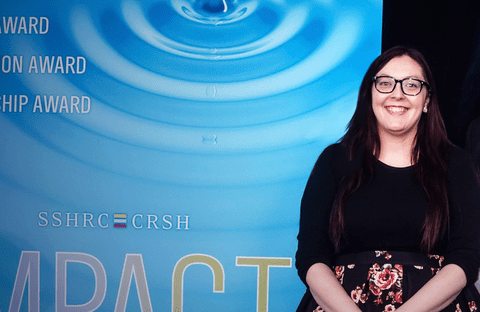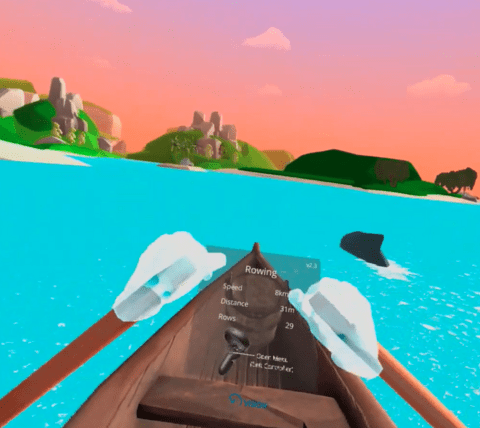Dr. John Muñoz on Bridging the Gap Between Academia and Industry
Dr. John Muñoz (J&F Alliance) may be one of the most versatile researchers the GI has ever housed. Just when you think you have heard about everything he has done (working with NASA, creating virtual reality (VR) games, using mind-controlled devices for biofeedback, and working with robots, to just name a few), John brings up another project, in a completely different field than the rest of his work.





